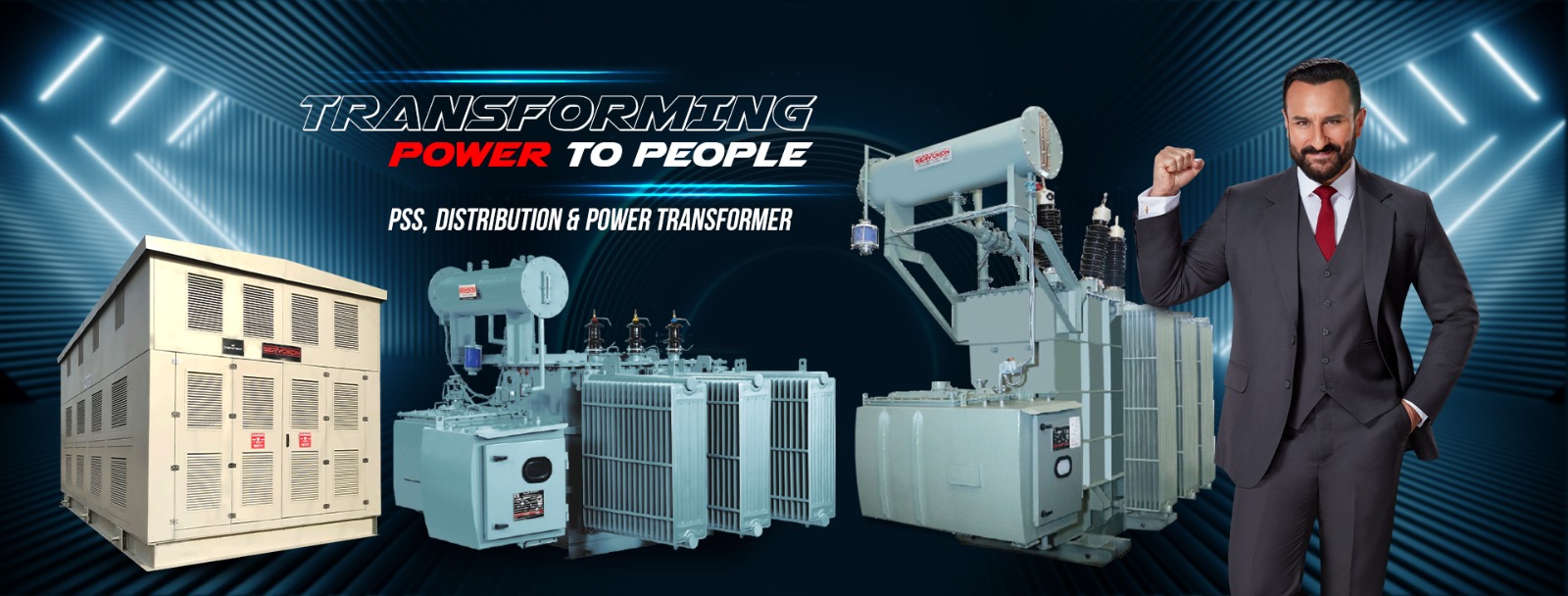Transformer Manufacturers

In the industrial world, power interruptions aren’t just annoying they’re expensive. One slip in voltage regulation, and your whole process line might stop. Or worse, equipment could get fried. While we often discuss artificial intelligence, automation, and smart grids, there’s one thing that works hard behind the scenes but hardly gets noticed. It is the transformer. Transformers play a significant role in our day-to-day life.
And chances are, if you’re running a factory, managing a power project, or building a substation, they have a bigger role to play.
But here’s something people don’t talk about enough: not all transformers (or transformed manufacturers) are the same.
Transformers: More Than Just a Box of Coils
Yes, it’s metal, copper, oil, and insulation. But industrial-grade transformers go way beyond basic specs. A distribution transformer for a textile plant in Punjab faces different challenges than a dry-type transformer installed in a Dubai mall or a servo voltage stabilizer transformer for a sensitive medical lab.
This is where professional transformer manufacturers play a big role. The best companies do not only sell you a product, but they engineer a solution based on the following factors:
What is a Power Transformer?
A power transformer is a high-voltage device used in power systems to adjust voltage levels between generators and distribution circuits. It comprises two or more windings connected magnetically through a core. Variations in current in one winding create changes in the magnetic flux within the core, inducing a voltage in the other windings. The voltage ratio between the primary and secondary windings is determined by their turn ratios.
Power transformers are termed static devices as they lack moving or rotating parts and are considered passive devices because they do not generate or consume electrical energy, but only transfer it between circuits. They are designed to operate with high efficiency and reliability over extended periods.
Why are Power Transformers Used?
Power transformers serve several critical functions in the electrical power system, including:
• Reducing Power Loss in Transmission Lines: Electrical power is initially generated at low voltages, resulting in high currents and significant line losses due to ohmic heating. By employing a step-up transformer at the generation station, the voltage is increased, reducing current and thus minimizing line losses and improving the power factor. Conversely, a step-down transformer at the receiving end lowers the voltage to appropriate levels for distribution and use.
- Environmental and site conditions
- Voltage fluctuation ranges in your area
- Load profile (static or fluctuating?)
- Duty cycle (Is it 24/7 operation or intermittent?)
- Future scalability
Real Challenges. Real Solutions.
Let’s say you’re running a steel plant. You have heavy motors kicking in at irregular intervals, causing voltage dips. A generic transformer won’t help. You’ll need a custom-built oil-cooled distribution transformer with reinforced insulation and higher impedance.
Or maybe you’re setting up a data center. Here, dry-type transformers with low noise levels, minimal maintenance, and compact designs become critical. Safety and fire resistance are non-negotiable.
That’s the kind of real-world thinking the right transformer manufacturer brings in.
What Sets the Best Manufacturers Apart?
Here’s what you should be looking for if you’re sourcing transformers for your projects:
- Application-Based Design: Manufacturers who understand your industry (textile, steel, infrastructure, healthcare, etc.) will always design better. A transformer for a CNC workshop isn’t the same as one for a sugar mill.
- R&D-Driven Engineering: Ask them: are they just assembling, or do they have in-house R&D? Can they optimize copper usage without compromising load-bearing?
- Customization Capability: Can they tweak impedance values? Offer dual voltage levels? Add tap changers as per your site’s requirement?
- In-House Testing: Look for BIS-compliant test labs. Routine tests like vector group, insulation resistance, and no-load losses should be standard.
- On-Site Support & AMC: Installation is just step one. A reliable manufacturer will offer preventive maintenance plans and quick on-site troubleshooting.
- A future-ready transformer company provides tailored solutions across multiple industrial sectors, which include healthcare with manufacturing. The devices now extend beyond their traditional role of voltage transformation. Modern power transformers are smart. They focus on three key aspects, which include reliability alongside adaptability and intelligence.
Transformer Failures Don’t Just Happen. They’re Built Over Time.
Poor cooling. Wrong winding design. Low-grade core materials. It might take months before you notice, but by then, the damage is done. Downtime. Burnt coils. Rising energy bills.
That’s why choosing your transformer manufacturer isn’t just a procurement task. It’s a strategic decision.
If you’re in the power industry or even remotely connected to large-scale electrical infrastructure, you already know one thing—change is the only constant. Over the past decade, we’ve seen how rapidly energy ecosystems are evolving. Smart cities are coming up, electric vehicles are going mainstream, and renewable power is no longer a niche—it’s necessary.
With this transition comes a big question: Is your power infrastructure ready for the future? And at the core of that infrastructure lies one understated yet crucial component: the transformer. Let’s talk about how future-ready transformer manufacturers are stepping up—and what to look for if you’re planning to upgrade, replace, or invest in power distribution systems.
Why Transformers Need to Be “Future-Ready”
Transformers have traditionally been viewed as static workhorses—installed, forgotten, and only noticed when something goes wrong. But with the growing demands of digitization, renewable integration, and energy efficiency, today’s transformers need to do more than just “transform.” The grid is changing fast. Here’s what’s new:
Final Thoughts
Transformer manufacturers may not get much attention, but they should. As industries grow smarter and grids become more dynamic, transformers will play a critical role in ensuring power quality, safety, and reliability.
Whether you’re building a substation, expanding a plant, or planning a multi-site rollout, partner with manufacturers who don’t just deliver a product but understand your power story. Because when it comes to electricity, it’s not just about staying connected, it’s about staying consistent.
Website: https://www.servokon.com/blog/top-10-power-transformer-manufacturers-and-suppliers-in-india/



